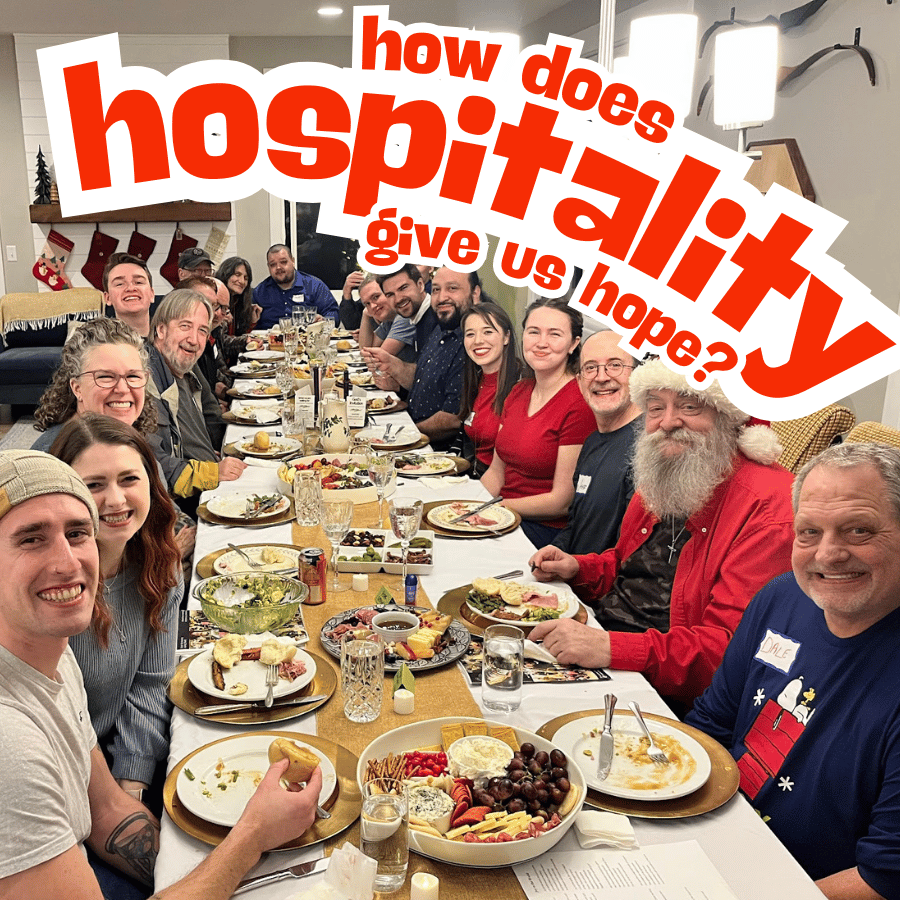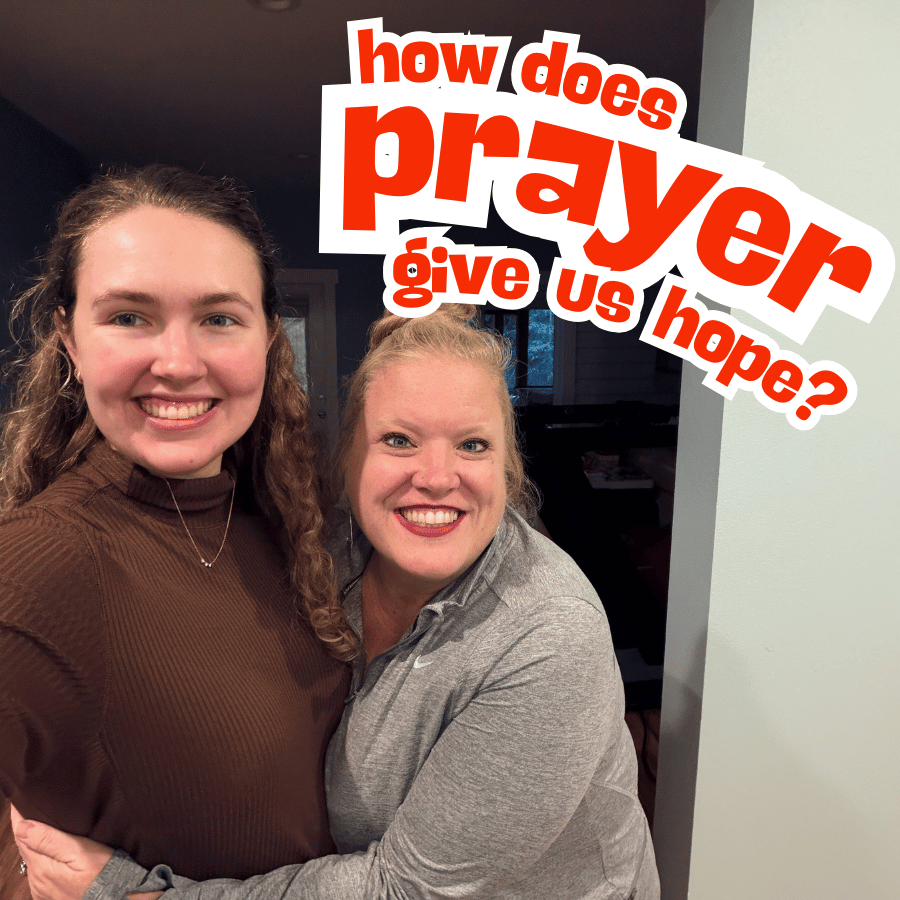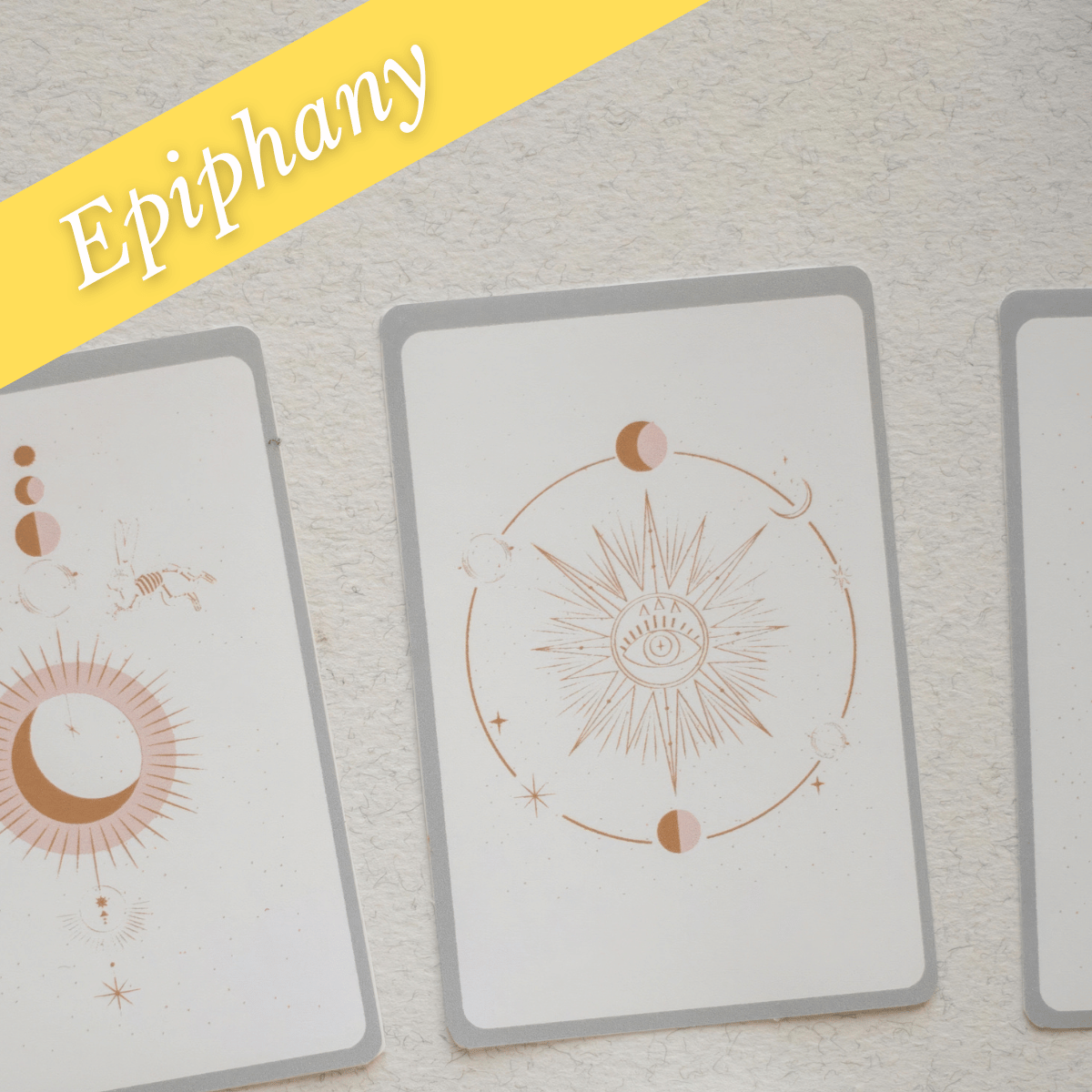When Jealousy Takes the Wheel
Written by Emma McCoy
5 minute read
Jealousy is a pretty common emotion. Common, and basic. Certain more nuanced emotions like self-consciousness, ennui, or nostalgia take time to develop and recognize, and therefore are rarely found in small children. But jealousy? You could bet your hat and belt buckle that somewhere on a playground right now a five-year-old is crying because another kid has a better toy than they do. They stamp their tiny little feet, throw sand in the air, and make a big fuss. “But I want it,” they wail.
Yeah, kid. Me too.
Not the toy, though, to be clear. No shade on Hot Wheels or anything, but I’m just saying that it’s not like I’ve “grown out” of jealousy. It’s not something like my baby teeth that fall out over time. Just because I no longer wear size-5 shoes and think that monochrome is the last word in fashion (hint: don’t wear all yellow with orange tights to school or you’ll get called “Big Bird” on the playground) doesn’t mean that I don’t feel jealousy anymore. Being older still comes with jealousy, but it comes less frequently, and I’m a lot better at hiding it.
Now, this isn’t to say that adults walk around all day every day just being jealous of each other and never being happy for anyone else. That’s an exhausting way to live. It’s good that no one’s created a platform that turns out to be inherently based in comparison, sparking incredible amounts of self-consciousness, consumerism, envy, body image issues, and FOMO…but I digress. Social media aside, for the most part healthy adults can keep their jealousy to themselves and genuinely celebrate other folk’s success. It’s a part of a normal emotional development where we can live out the realization that we don’t always get what we want, and the people we love can be doing better than us, and that’s okay!
At least, that’s how it should go.
Sometimes, however (or more often than that, if we’re not emotionally healthy), jealousy can rear its head when we least want it to. It’s like jealousy is a little green goblin who pops up in the back seat of the car we’re driving on the road called Life, and it jumps into our lap and grabs the wheel. Like, c’mon man, not cool. We can’t be happy for the people we should be happy for, particularly at really crucial moments: weddings, graduations, promotion dinners, retirement parties, baby showers. Instead of celebrating, we’re left thinking I can’t believe he got that job or Why’d she get pregnant before me? or I deserve to retire; it’s not fair she can afford to. Oftentimes, we don’t want to be jealous and bitter. I know that it personally leaves a bad taste in my mouth, and I feel guilty for not being fully present in my friend’s happiness.
When it comes down to it, celebration can be harder than lament because of jealousy and comparison.
And one of the big factors that interferes with celebration is how jealousy can make us not present. Emotionally absent. Somewhere else in our minds, not all there, the sort of “hey, are you listening?” feeling that can detach us from the party or conversation and leave us feeling alone in our jealousy. Knowing that jealousy is a pretty foundational human emotion, how can we recognize when we’re comparing ourselves unfairly and try to be more present when celebrating with others? Where it doesn’t feel like we’re just going through the motions hollowly, but actually stepping a bit closer to genuinely celebrating in our actions and our hearts.
Here’s an example of where and how I could’ve done better. I have a friend in my grad program who I’ll call Lily. She’s a writer like me, and like me, she’s trying to piece together what she’s going to do when we graduate in two weeks. So the other day we’re sitting in our office, and she shares with me that she applied for a great apartment in Chicago, just four blocks away from her best friend, and she’s going to find an adjunct position at the local university. Outwardly, I was happy for her, and we cheered in the office and talked about how amazing it was going to be to finally live next to her best friend again.
Inwardly, I was incredibly jealous.
I’ve spent a lot of my life wishing I had a best friend—the sort of person who I could confide in, and she could confide in me. We’d tell each other everything, push each other spiritually, and travel together. I’ve wanted someone I could be that emotionally close with for a very, very long time. To hear Lily talk about her best friend, and having her post-grad plan figured out? Very difficult, and I felt a bit like a jerk about it. It’s not Lily’s fault that I still don’t know what I’ll do post-grad. It’s not like I’m upset about moving back home, working on my health, and figuring out next steps; in fact, it’s something I’m looking forward to. But Lily’s joy at being reunited with the person she’s closest to in this world hit something deep in me. The unfulfilled longing I have for a best friend. That’s not her fault, but my jealousy kept me from being present in that moment with her joy.
While I don’t have a “three steps to success” plan to take away any jealousy you might feel, focusing on one thing can help: presence. Jealousy can take away our focus and immediacy in a moment, so really trying to be present can be helpful. I wish in that moment with Lily I wouldn’t have sat and dwelled with my disappointment and jealousy because it impacted my time with her. To be clear, I’m not saying to shove your feelings down into a little box and sitting on the lid. Ignoring your feelings is a terrible strategy. But I am saying that being honest about how I was feeling—with myself, with Lily, and with my community, would have helped me face my disappointment head-on. If I’d consciously acknowledged my feelings, then remained in the room with Lily emotionally (rather than thinking about myself) I would’ve been able to celebrate with her more authentically and support her when she was excited.
Jealousy is a tricky, tricky thing that likes to crawl over our shoulders and grab the wheel, yanking our attention away from what matters. Usually the person in front of us.
But by making presence in the moment a priority, and processing feelings honestly with others, genuine celebration can be more of a possibility.
Join us this Sunday for our Common Table Gathering as we discuss when we’ve felt seen and celebrated, and when we’ve felt distracted from being able to do the same for others.







3-minute read